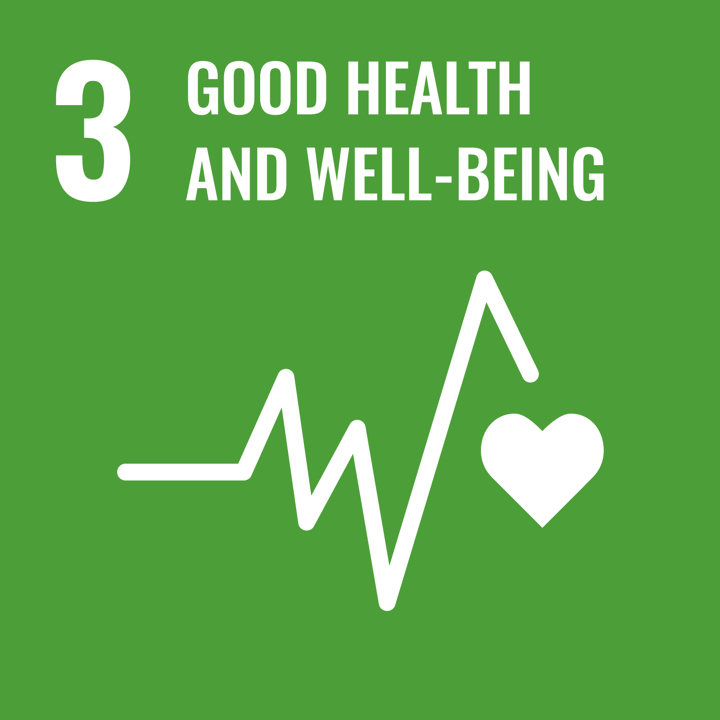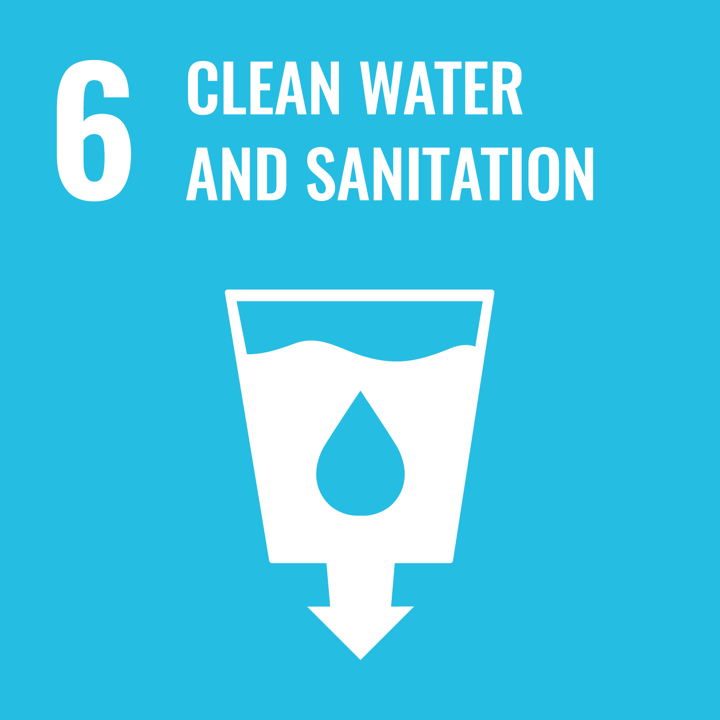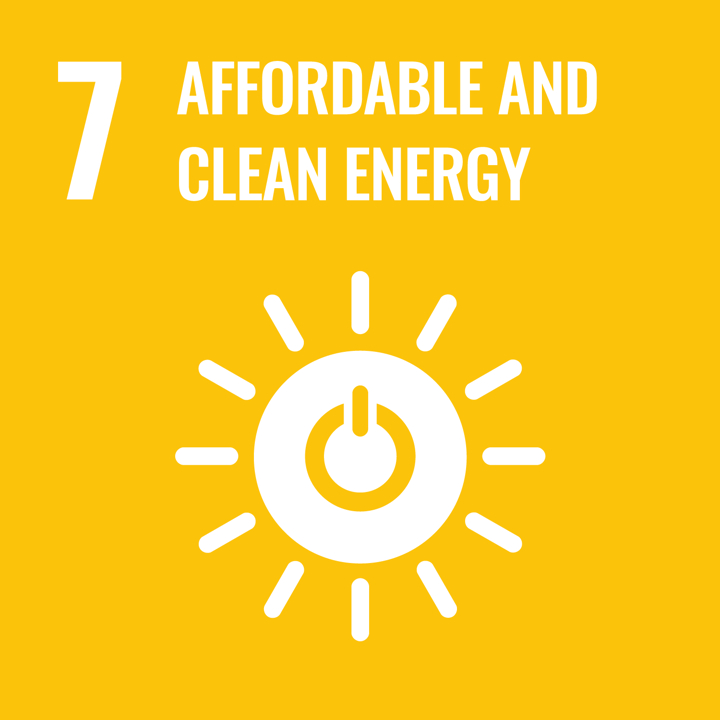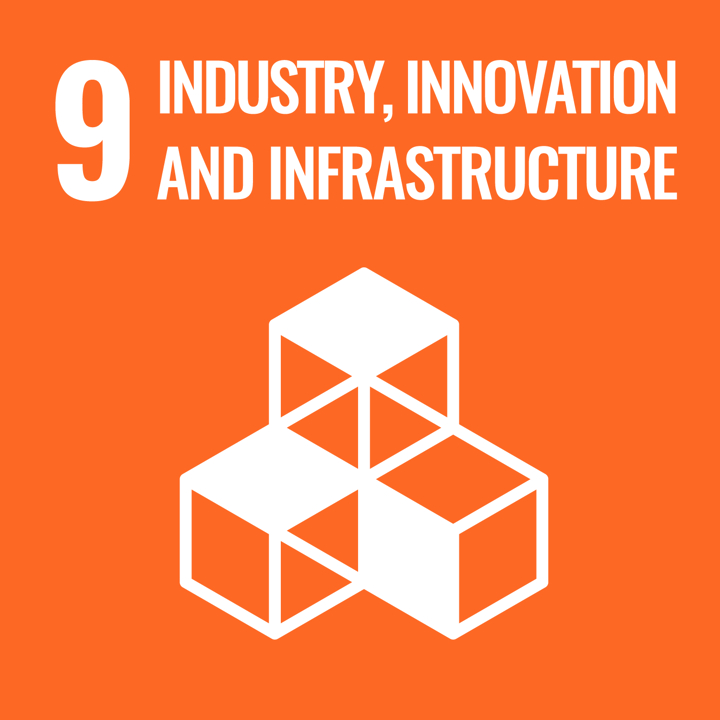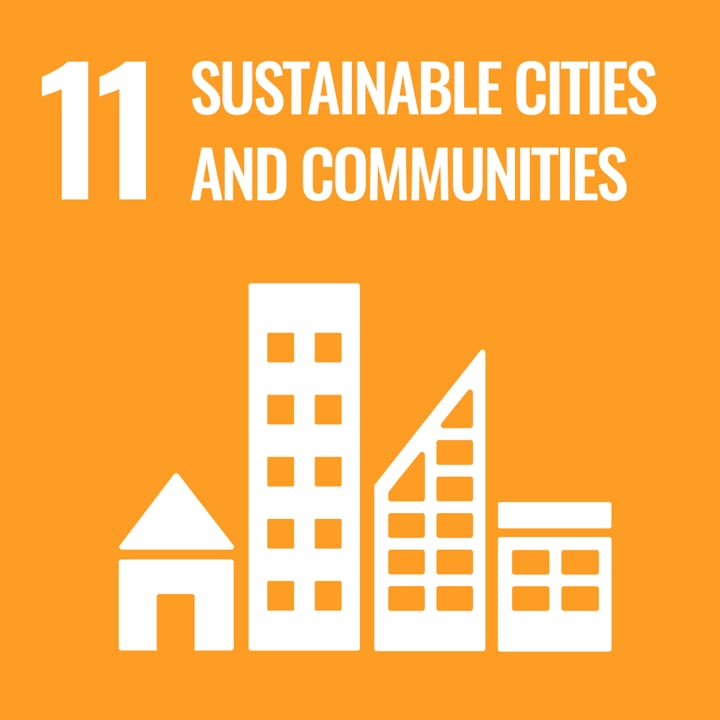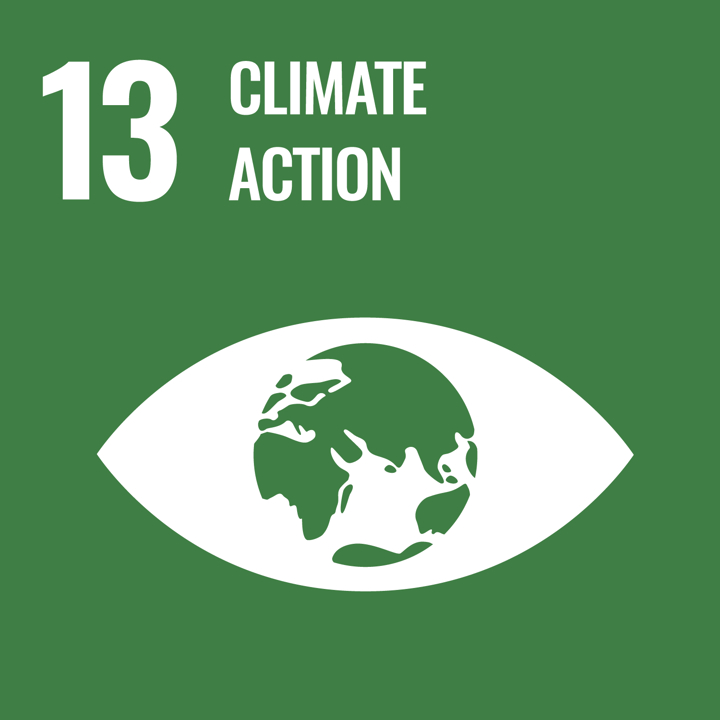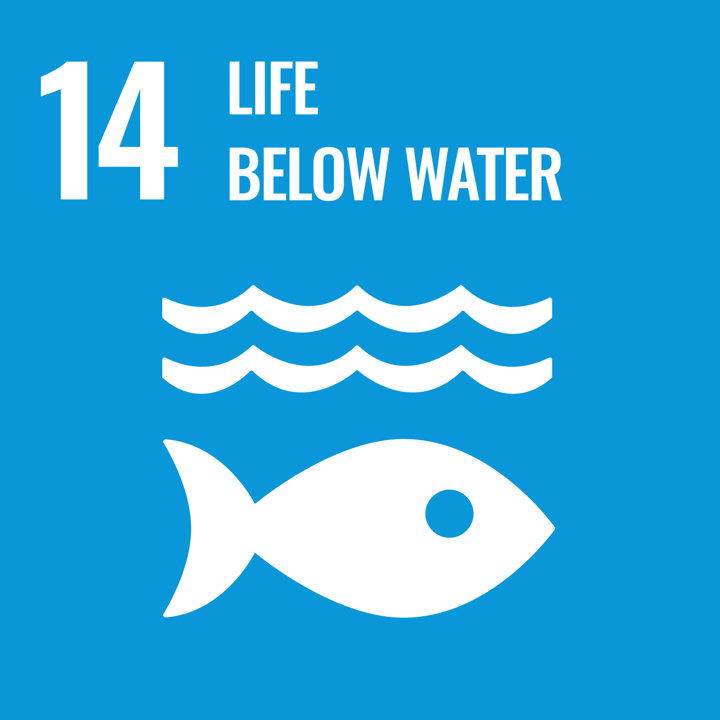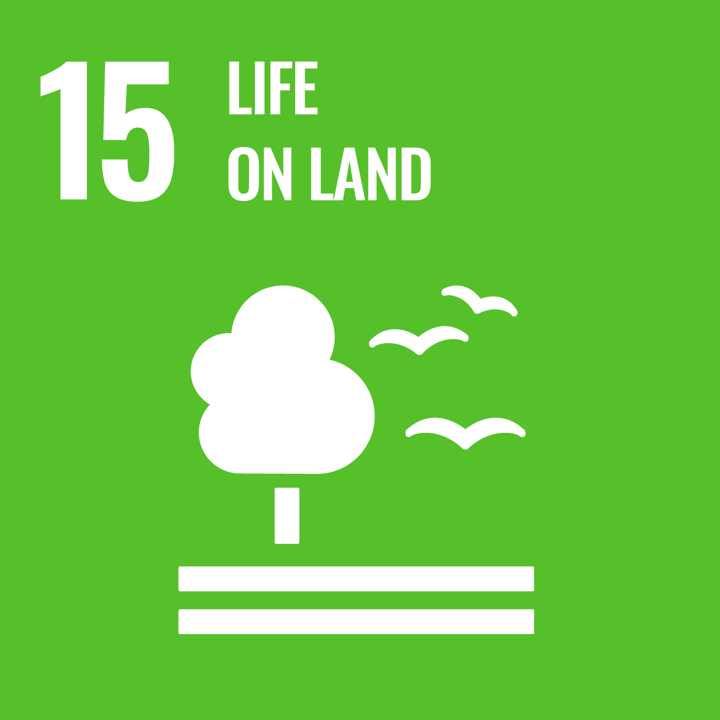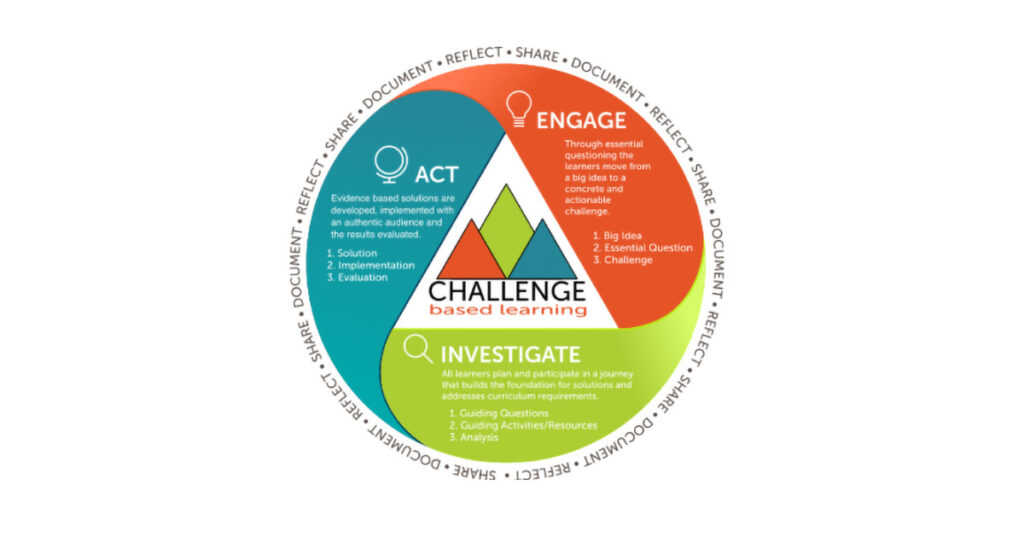
Intended End User: Teacher, Teacher Educator
Age Group: Upper Primary; Lower Secondary; Upper Secondary
School Curriculum: Maths; Science; Social, Physical & Health Education; Social & Enviroment Science; Languages; Arts; Business Studies; Applied Science
Themes and Topics: Pedagogic Approach, Collective Action
Duration: Ongoing
Type of Resource: Guidelines & Notes, Online Tool, Reference Document
Keywords: Challenge Based Learning, Pedagogical Framework, Student Centred Approach, Real World Challenges
Languages: English
Description
The Challenge-Based Learning Guide is available below in PDF form, with additional links provided to the Challenge-Based Learning Online Toolkit and other supporting resources.
This Challenge-Based Learning Guide and Challenge-Based Learning Online Toolkit are designed to introduce educators to this student-centred approach to learning in a real-world, interdisciplinary way. This approach can be used to apply student learning to real-world challenges and develop action-oriented Sustainability Citizenship.
Challenge Based Learning (CBL) is an effective learning framework initiated at Apple, Inc. and used in universities, schools, and institutions around the world. The framework empowers Learners (students, teachers, administrators and community members) to address local and global challenges while acquiring content knowledge in math, science, social studies, language arts, medicine, technology, engineering, computer science and the arts. Through Challenge Based Learning, students and teachers are making a difference and proving that learning can be deep, engaging, meaningful, and purposeful.
The CBL Toolkit is a library of resource that include ideas for challenges, process helpers and resources specific to the different phases and steps. Resources are also available to help develop assessment strategies and make us of student reflection.
How to use this resource
The Challenge Based Learning Guide provides background information, key concepts, and resources for getting started.
The Guide is organized into four sections:
- An overview of key concepts, the updated framework, and ideas about implementation.
- Recommendations and resources to support the use of Challenge Based Learning.
- An in-depth walkthrough of the framework with examples, tips and best practices.
- The final section includes connections with other educational approaches to assist with decision making and integration.
Alongside the guide, the online toolkit provides a library of resources that include ideas for Challenges, process helpers and resources specific to the different phases and steps.
The resources
Challenge Based Learning Guide (PDF):
A link to the CBL Toolkit by The Challenge Institute is available below:
Other Resources:
To help you get started on your journey into CBL, University of Twente with ECIU University created an introductory video on CBL called Challenge-Based Learning in Practice (CBL)
Dublin City University has also produced a guide providing an overview of CBL and how it can be incorporated into your course design to enhance the student learning experience at university. Challenge Based Learning (CBL): Implementation Guide for those who Teach by Dr Fiona O’Riordan and Clare Gormley is licensed under CC BY 4.0
Learning Outcomes
- Apply a range of suitable tools and frameworks to promote student Sustainability Citizenship.
- Reflect on practice and examine national curricula to identify opportunities to promote Sustainability Citizenship in interdisciplinary ways and engage with external stakeholders.
- Collaboratively synthesise the knowledge, tools and frameworks to create educational materials and lessons plans adapted to their own local context.
- Develop and apply assessment criteria to evaluate Sustainability Citizenship in students.
Green Competencies
- Embodying Sustainable Values: Valuing Sustainability
- Embracing Complexity in Sustainability: Systems Thinking; Critical Thinking; Problem Framing
- Envisioning Sustainable Futures: Adaptability; Exploratory Thinking
- Acting for Sustainability: Collective Action; Individual Initiative
Creative Commons

Permission is granted under a Creative Commons Attribution License to replicate, copy, distribute, transmit, or adapt the Challenge-Based Learning Guide freely provided that attribution is provided as illustrated in the citation below. Nichols, M., Cator, K., and Torres, M. (2016) Challenge Based Learner User Guide. Redwood City, CA: Digital Promise
SDGs
